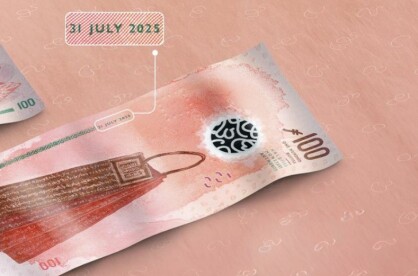On
25the March 2021, the Bank of Maldives (BML) announced on their official
website warning their customers regarding scam calls and messages. This
statement by BML was prompted by the increased amount of scams surrounding the
bank as scammers were calling BMl customers and tricking them into transferring
large sums of money or giving up their personal banking information to get
access to their bank account.
Although
it is simple to think that someone with enough intelligence would not fall for
such ruses, the fraudsters were contacting customers while posing as BML's
customer care. These scams persisted on a big scale in 2021 despite BML issuing
their statement and issuing numerous cautionary statements to its customers.
However, over time, people developed the ability to distinguish between genuine
and fraudulent customer service calls, and the con games gradually but surely
started to crumble.
When
the scam calls failed, customers began having their emails hacked, allowing the
scammers access to their personal banking information, and this led to another
new scam emerging this time customers had little to no idea why the money in
their bank account kept going missing.
There was little to no safety available
as all the one-time passwords (OTP) that customers used to make their purchases
or transactions went through their E-mails and mobile phones. While customers
residing in the Maldives had the option to only get the OTP on their phones
providing safe passage to them, anyone outside of the country had no choice but
to continue using their e-mail and putting themselves at risk.
An end to email authentication
In
order to stop the continuous scams using customers' emails, BML officially
revealed on December 16th, 2022, that the bank would be making adjustments to
its OTP system.
The
bank stated that starting from Tuesday, December 20, 2022, all transactions
made through the internet banking app and mobile banking will need to be
validated by receiving an OTP number via SMS or using the authenticator app,
putting an end to all email authentications.
For
those living in the Maldives, these changes would not make much difference as
the OTP code can still be received through their mobile phones by SMS. However,
those residing abroad will have to adjust to some new changes as BML gets rid
of the email OTP system, but these changes are surely going to make some
positive changes in terms of safety and could possibly make things easier for
the customers as well.
In
order to get the authenticator application customers can download applications
such as Google Authenticator or Microsoft Authenticator. And it only takes four
easy steps to set up the authenticator for internet banking.
Safety
aside, the authenticator app also does not require customers to be connected to
the internet, the app generates an OTP code valid for up to 30 seconds at a
time with no internet connection.
With
this new system in place, instead of having to refresh the mail a few times in
order to get your authentication code, there will finally be an app that can
easily generate the code, making things easier and safer for customers.
However, for those customers who have gotten accustomed to using their Email
for authentication, the setting is still available, just not by default. In order
to get email authentications from 20th December onwards, customers will be
required to change the authentication setting via the app.
While
these new changes might take some time to get accustomed to, this is surely a
step towards the right direction as this might finally make online banking
safer and easier for customers in the future.







